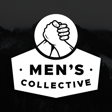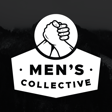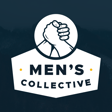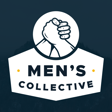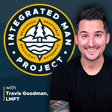
Transforming Pain into Progress: The Case for Holistic Care (feat. Sorin Schiller)
***WARNING THIS EPISODE DISCUSSES SUICIDE***
In the compelling episode 'Transforming Pain into Progress: The Case for Holistic Care' of The Integrated Man Project podcast, host Travis Goodman engages with guest Sorin Schiller in a deep dive into converting life's adversities into steps toward personal growth. Schiller shares his resonant life story from foster child and troubled youth involved in crime to a beacon of hope as a 'professional best friend.' His unique approach to healing emphasizes holistic care - prioritizing nutrition, exercise, and sleep to foster an environment where vulnerability is welcomed, and real change can begin.
The conversation explores the necessity of creating challenges to incite action, the significance of human connections, and the interplay between stress, dopamine, and positive transformation. Schiller's philosophy isn't just about managing symptoms but deeply understands the importance of giving people agency in their journey of recovery, especially in the context of PTSD therapy. Economic realities and the structural biases in current health systems against comprehensive care approaches are critically examined.
Travis and Sorin emphasize the importance of hope, gratitude, and community in mental health and highlight the effectiveness of personalized care over profit-driven models. Sorin, who operates under @scisavage on social media, radiates authenticity and stresses the need for tangible action in both the mental health industry and personal healing journeys. Listeners are left with a sense of optimism and a call to embrace life's struggles as opportunities for profound self-discovery and self-improvement.
WATCH ON YOUTUBE:
JOIN THE MAILING LIST & GET INVOLVED!
Connect and Support SORIN:
Instagram: @scisavage
Web: www.scientificallysavage.com
Connect and Support Travis:
YouTube: Travis Goodman
Instagram: @integratedmanproject
Check out the Website: TBD
